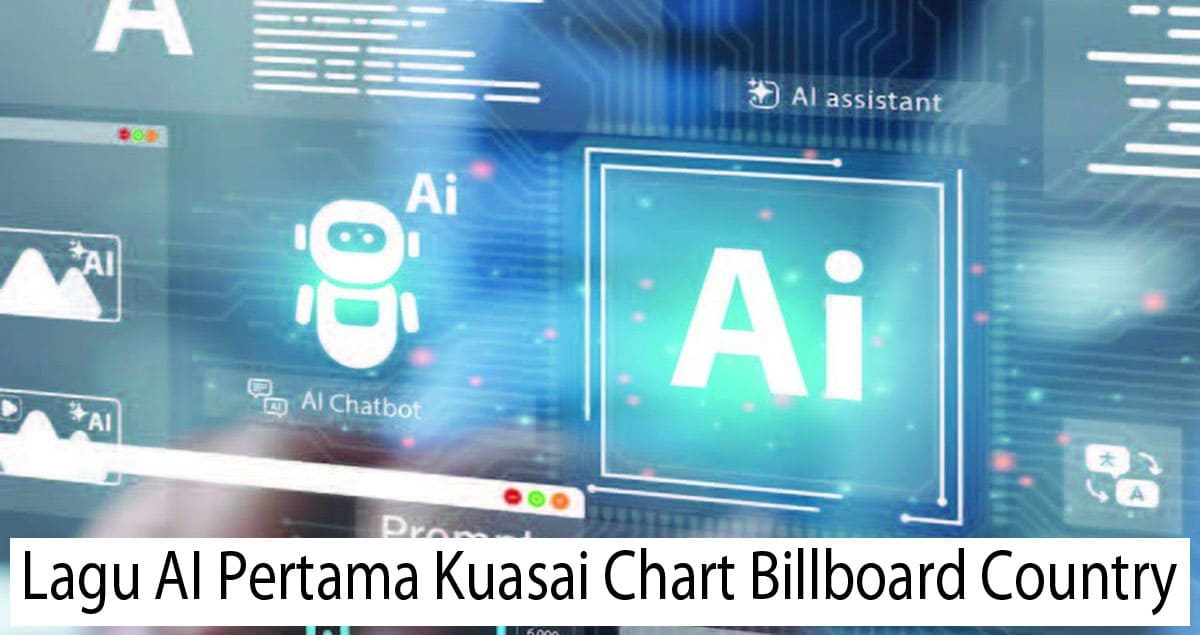
The Hidden Risks Lurking for Gen Z Who Rely Too Much on AI – In today’s digital world, Generation Z (those born between 1997 and 2012) are the fastest adopters of new technologies — especially Artificial Intelligence (AI). From studying and venting emotions, to creating social media content or even hunting for jobs, AI has become their go-to companion. https://riddlecloud.net
Many Gen Z customers, however, are ignorant of the risks that lurk beneath this convenience. If ignored, these risks could quietly affect the way they think, their emotional well-being, and even their future careers.
The Hidden Risks Lurking for Gen Z Who Rely Too Much on AI :
Why Gen Z Loves Using AI
Before diving into the risks, let’s take a look at why Gen Z has embraced AI more enthusiastically than other generations:
- Instant results: Why read a dozen websites when ChatGPT can give a neat summary in seconds?
- A digital confidant: Many young people treat chatbots as if they’re friends who “understand” their feelings.
- Creative shortcut: From writing essays, designing graphics, making music, or editing videos — AI makes everything faster.
- Peer pressure: On campus or in the workplace, being “good with AI” often translates into being seen as smarter and more productive.
In short, AI feels like a powerful supertool that saves time and effort. No wonder many Gen Zers end up depending on it more than they realize.
The Hidden Risks Gen Z Often Overlooks
1. Declining Critical Thinking
When AI always has the answers, it’s tempting to skip the process of questioning, analyzing, and verifying information. Over time, this can weaken the very skill that employers and universities value most: the ability to think critically.
2. The Illusion of Empathy
Chatbots can mimic empathy through words, but they don’t actually feel anything. If Gen Z spends too much time confiding in AI, they may unconsciously neglect real-world emotional connections. The risk? Struggling to build deep relationships with friends, partners, or coworkers.
3. Privacy and Data Exposure
Every interaction with AI is essentially data being recorded. Many young users don’t realize that their personal details could be stored, analyzed, or even sold. Oversharing — like telling a chatbot about stress, finances, or relationships — may sound harmless, but it could be used for profiling or targeted advertising.
4. Mental Health Concerns
AI reliance isn’t just a technical issue — it can affect mental well-being too. Some potential problems include:
- Digital loneliness: Choosing to talk with AI over human conversations.
- Unrealistic standards: Getting used to AI-generated “perfect” outputs and feeling insecure about one’s own abilities.
- Social anxiety: Becoming less confident in real-life interactions because AI feels “safer.”
5. Career Vulnerabilities
Paradoxically, over-reliance on AI might have negative effects on the workplace. Employers don’t just want candidates who can use AI — they want people who can challenge it, question it, and use it creatively. If Gen Z loses that edge, they risk being outperformed by those who treat AI as a tool, not a crutch.
How Gen Z Can Use AI Safely and Wisely
Since it would be impractical, the goal is not to restrict AI. Building healthy behaviors ought to be the main goal instead. Here are some practical strategies:
- Digital Literacy First
Teach young people that AI isn’t an all-knowing oracle. Encourage them to double-check facts and always ask, “Where does this answer come from?” - Balance AI with Human Skills
Creativity, teamwork, empathy, and critical thinking will always be important. Gen Z should see AI as an assistant, not a replacement for their own abilities. - Limit Emotional Dependence
Using AI for brainstorming ideas is fine, but when it comes to personal struggles, nothing replaces real conversations with friends, family, or professionals. - Be Privacy-Savvy
Avoid entering sensitive information into AI platforms. And yes — those privacy policies that everyone skips? It’s time to actually read them. - Use AI as a Creative Partner, Not a Copy Machine
Let AI handle the heavy lifting — like generating outlines or suggesting designs — but keep the final touch human. What distinguishes a person is their unique style.
A Quick Reality Check
AI is here to stay, and Gen Z is in a unique position to shape how it’s used. But the real danger isn’t AI itself — it’s how easily we surrender our judgment, emotions, and skills to it.
The truth is, the most valuable individuals in the future won’t be those who blindly rely on AI, but those who know when to question it, when to trust it, and when to switch it off.
Final Thoughts
AI can be an incredible ally for Gen Z — opening doors to creativity, productivity, and new opportunities. Yet, if not used mindfully, it can also become a silent trap. The hidden risks — from weaker critical thinking to emotional detachment — are real.
The best way forward isn’t fear, but awareness. By combining digital literacy with strong human skills, Gen Z can turn AI into a true partner, rather than a hidden risk that undermines their growth.





